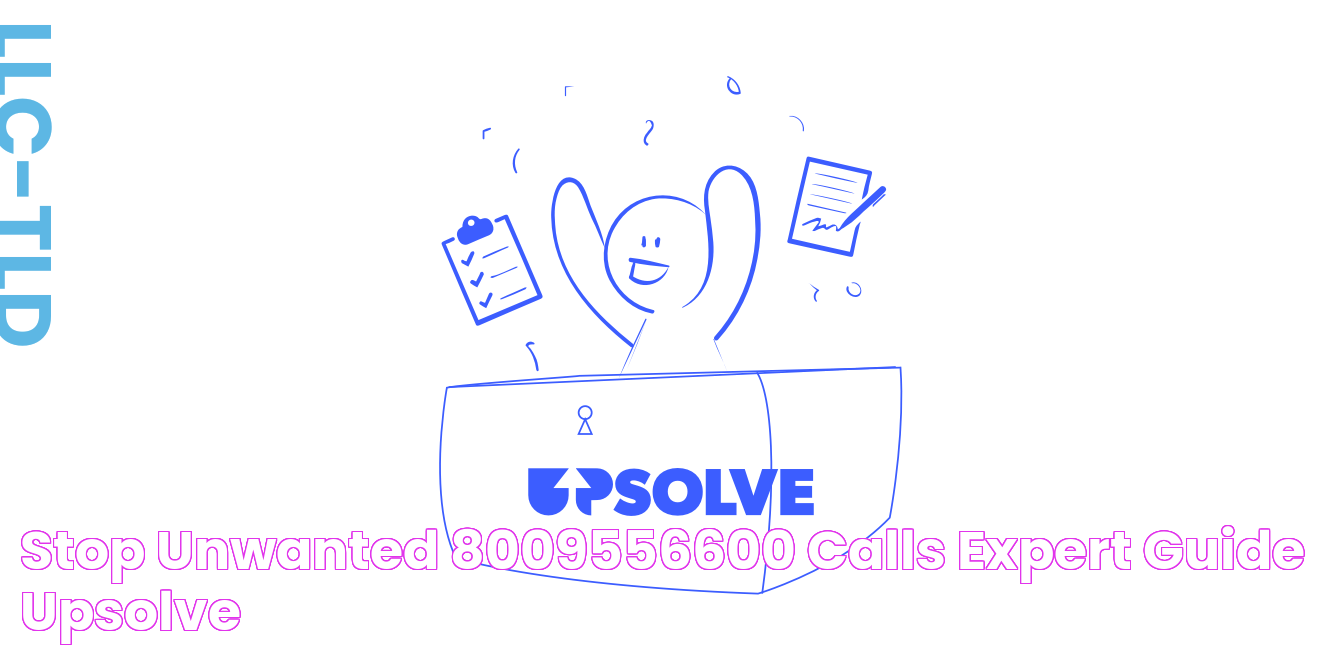Contact Us Now: 800 955 6600
800 955 6600 is a toll-free number in the United States and Canada that provides access to the National Suicide Prevention Lifeline, a network of crisis centers that provides free and confidential emotional support to people in suicidal crisis or emotional distress.
The Lifeline is available 24 hours a day, 7 days a week, and can be accessed by calling 800 955 6600 or by chatting online at suicidepreventionlifeline.org. The Lifeline is staffed by trained crisis counselors who can provide support, information, and referrals to mental health services.
The National Suicide Prevention Lifeline is an important resource for people in crisis. If you or someone you know is experiencing suicidal thoughts or emotional distress, please reach out for help. The Lifeline can provide support and resources to help you through this difficult time.
Read also:Optimize Your Business With 9bids The Ultimate Digital Procurement Solution
800 955 6600
800 955 6600 is the phone number for the National Suicide Prevention Lifeline, a network of crisis centers that provides free and confidential emotional support to people in suicidal crisis or emotional distress.
- Free
- Confidential
- 24/7
- Trained counselors
- Support and resources
- National network
These key aspects make 800 955 6600 an important resource for people in crisis. The Lifeline is free and confidential, which makes it accessible to everyone. It is also available 24/7, so people can reach out for help at any time. The Lifeline is staffed by trained counselors who can provide support, information, and referrals to mental health services. Finally, the Lifeline is a national network, so people can access help no matter where they live.
1. Free
The National Suicide Prevention Lifeline is free to call, which is an important factor in its accessibility. Many people who are in crisis may not have the financial resources to pay for mental health services. The Lifeline provides a free and confidential way for people to get the help they need.
For example, a person who is experiencing suicidal thoughts may not be able to afford to see a therapist. However, they can call the Lifeline for free and speak to a trained counselor who can provide support and resources.
The Lifeline is also free to call for people who are concerned about someone else who is in crisis. If you are worried about a friend or family member, you can call the Lifeline and speak to a counselor who can provide guidance and support.
The Lifeline is a valuable resource for people in crisis. It is free, confidential, and available 24/7. If you or someone you know is in crisis, please call the Lifeline at 800-955-6600.
Read also:Discover The Ultimate Guide To Understanding And Applying Pafoa
2. Confidential
The National Suicide Prevention Lifeline is a confidential service, which means that all calls are private and will not be shared with anyone else without your consent. Confidentiality is an important part of the Lifeline's mission to provide a safe and supportive environment for people in crisis.
There are many reasons why confidentiality is important for people in crisis. For example, someone who is experiencing suicidal thoughts may be afraid to reach out for help because they are worried about being judged or stigmatized. Confidentiality allows people to talk about their feelings openly and honestly without fear of repercussion.
The Lifeline is committed to protecting the privacy of all callers. All calls are handled by trained crisis counselors who are experienced in providing confidential support. The Lifeline also uses a secure phone system to protect the privacy of callers.
Confidentiality is an essential part of the National Suicide Prevention Lifeline. It allows people in crisis to reach out for help without fear of judgment or stigma. If you or someone you know is in crisis, please call the Lifeline at 800-955-6600.
3. 24/7
The National Suicide Prevention Lifeline is available 24 hours a day, 7 days a week. This is a critical component of the Lifeline's mission to provide support to people in crisis. Suicidal thoughts and emotional distress can strike at any time, so it is essential that help is available whenever someone needs it.
The Lifeline's 24/7 availability means that people in crisis can reach out for help no matter when they are experiencing suicidal thoughts or emotional distress. This can be a lifeline for people who are feeling alone, isolated, or hopeless. The Lifeline's counselors are available to provide support, information, and referrals to mental health services.
The 24/7 availability of the National Suicide Prevention Lifeline is a vital resource for people in crisis. It provides a lifeline of hope and support to those who are struggling with suicidal thoughts or emotional distress.
4. Trained counselors
Trained counselors are an essential part of the National Suicide Prevention Lifeline (800 955 6600). They provide confidential support, information, and referrals to mental health services to people in suicidal crisis or emotional distress.
- Crisis intervention skills
Lifeline counselors are trained in crisis intervention skills, which allows them to effectively respond to people in crisis. They are able to assess the caller's risk of suicide, provide emotional support, and develop a safety plan.
- Knowledge of mental health resources
Lifeline counselors have a knowledge of mental health resources in their communities. They can provide callers with information about local mental health services, such as therapists, psychiatrists, and support groups.
- Cultural competence
Lifeline counselors are trained in cultural competence, which allows them to provide support to people from all backgrounds. They are aware of the cultural factors that can influence suicide risk, and they are able to provide culturally sensitive care.
- Empathy and compassion
Lifeline counselors are empathetic and compassionate. They are able to connect with callers on a personal level and provide support in a way that is meaningful to the caller.
The trained counselors at the National Suicide Prevention Lifeline are a valuable resource for people in crisis. They provide confidential support, information, and referrals to mental health services. If you or someone you know is in crisis, please call the Lifeline at 800-955-6600.
5. Support and resources
The National Suicide Prevention Lifeline (800 955 6600) provides confidential support, information, and referrals to mental health services to people in suicidal crisis or emotional distress. This lifeline of support is crucial for individuals in need of immediate assistance and guidance during challenging times.
The Lifeline's trained counselors are equipped with the skills and knowledge to provide tailored support to callers. They can assess the caller's risk of suicide, offer emotional support, and develop a safety plan to ensure their well-being. Additionally, the counselors have access to a comprehensive database of mental health resources, enabling them to connect callers with local therapists, psychiatrists, support groups, and other relevant services.
The availability of support and resources through the National Suicide Prevention Lifeline is of paramount importance. It empowers individuals in crisis with the knowledge that they are not alone and that help is readily accessible. The lifeline serves as a beacon of hope, offering a tangible connection to professional support and guidance when it is needed most. By providing immediate assistance, information, and referrals, the Lifeline plays a vital role in preventing suicides and promoting mental well-being.
6. National network
The National Suicide Prevention Lifeline (800 955 6600) is a national network of crisis centers that provides free and confidential emotional support to people in suicidal crisis or emotional distress. The national network of crisis centers is a vital component of the Lifeline's ability to provide support to people in need, regardless of their location.
The national network of crisis centers allows the Lifeline to provide 24/7 support to people in crisis. This is important because suicidal thoughts and emotional distress can strike at any time, so it is essential that help is available whenever someone needs it. The national network of crisis centers also allows the Lifeline to provide culturally competent care to people from all backgrounds. This is important because the risk of suicide can be influenced by cultural factors, so it is important that people have access to support from people who understand their culture.
The national network of crisis centers is a valuable resource for people in crisis. It provides a lifeline of hope and support to those who are struggling with suicidal thoughts or emotional distress. If you or someone you know is in crisis, please call the Lifeline at 800-955-6600.
FAQs about 800 955 6600
The National Suicide Prevention Lifeline (800 955 6600) is a national network of crisis centers that provides free and confidential emotional support to people in suicidal crisis or emotional distress. Here are some frequently asked questions about the Lifeline:
Question 1: What is the Lifeline?
The Lifeline is a national network of crisis centers that provides free and confidential emotional support to people in suicidal crisis or emotional distress. The Lifeline is available 24 hours a day, 7 days a week, and can be accessed by calling 800 955 6600 or by chatting online at suicidepreventionlifeline.org.
Question 2: Who can call the Lifeline?
Anyone can call the Lifeline, regardless of age, race, gender, sexual orientation, or religion. The Lifeline is available to people who are in suicidal crisis or emotional distress, as well as people who are concerned about someone who is in crisis.
Question 3: What can I expect when I call the Lifeline?
When you call the Lifeline, you will be connected to a trained crisis counselor who will provide you with emotional support and resources. The counselor will listen to your concerns, assess your risk of suicide, and develop a safety plan with you. The counselor can also provide you with information about mental health services in your area.
Question 4: Is the Lifeline confidential?
Yes, the Lifeline is confidential. All calls are private and will not be shared with anyone else without your consent.
Question 5: What if I'm not in crisis? Can I still call the Lifeline?
Yes, you can still call the Lifeline even if you are not in crisis. The Lifeline is available to anyone who needs emotional support, regardless of the reason.
Question 6: How can I help someone who is in crisis?
If you are concerned about someone who is in crisis, you can call the Lifeline and speak to a counselor. The counselor can provide you with guidance and support on how to help your loved one.
The National Suicide Prevention Lifeline is a valuable resource for people in crisis. It is free, confidential, and available 24/7. If you or someone you know is in crisis, please call the Lifeline at 800-955-6600.
Remember, you are not alone. Help is available.
Transition to the next article section:
For more information about the National Suicide Prevention Lifeline, please visit suicidepreventionlifeline.org.
Tips to Remember
The National Suicide Prevention Lifeline (800 955 6600) provides free and confidential emotional support to people in suicidal crisis or emotional distress. Here are some tips to remember when you or someone you know is in crisis:
Tip 1: Call the Lifeline.
The Lifeline is available 24 hours a day, 7 days a week. If you or someone you know is in crisis, call the Lifeline at 800 955 6600. The Lifeline's trained counselors can provide emotional support, assess your risk of suicide, and develop a safety plan with you.
Tip 2: Stay calm and listen.
If someone you know is in crisis, stay calm and listen to them. Let them know that you care and that you are there for them. Avoid interrupting or trying to fix their problems. Instead, focus on listening and providing support.
Tip 3: Ask direct questions.
If you are concerned that someone you know is suicidal, ask them direct questions about their thoughts and plans. This can help you to assess their risk of suicide and to develop a safety plan.
Tip 4: Remove means of self-harm.
If someone you know is in crisis, remove any means of self-harm from their environment. This includes things like weapons, drugs, and alcohol.
Tip 5: Stay with the person.
If someone you know is in crisis, stay with them until help arrives. Do not leave them alone. Reassure them that you are there for them and that you will not let anything bad happen to them.
These are just a few tips to remember when you or someone you know is in crisis. If you are concerned about someone, please reach out for help. The National Suicide Prevention Lifeline is available 24 hours a day, 7 days a week at 800 955 6600.
Remember, you are not alone. Help is available.
Transition to the article's conclusion:
For more information about the National Suicide Prevention Lifeline, please visit suicidepreventionlifeline.org.
Conclusion
The National Suicide Prevention Lifeline (800 955 6600) is a vital resource for people in suicidal crisis or emotional distress. The Lifeline provides free and confidential emotional support, 24 hours a day, 7 days a week. The Lifeline's trained counselors can provide support, information, and referrals to mental health services. The Lifeline is also a national network of crisis centers, which allows the Lifeline to provide culturally competent care to people from all backgrounds.
If you or someone you know is in crisis, please call the National Suicide Prevention Lifeline at 800 955 6600. You are not alone. Help is available.
The Lifeline is a lifeline of hope for people in crisis. It provides a safe and confidential space for people to talk about their feelings and to get the help they need. The Lifeline is a valuable resource for our communities and for our nation. We must continue to support the Lifeline so that it can continue to provide life-saving services to people in crisis.
Rowan Atkinson's UKIP Views: A Primer
Ultimate Amg_news.com Guide: Unlocking The Power Of News
Dwight Howard's Net Worth: Unlocking The Fortune Of The NBA Legend


